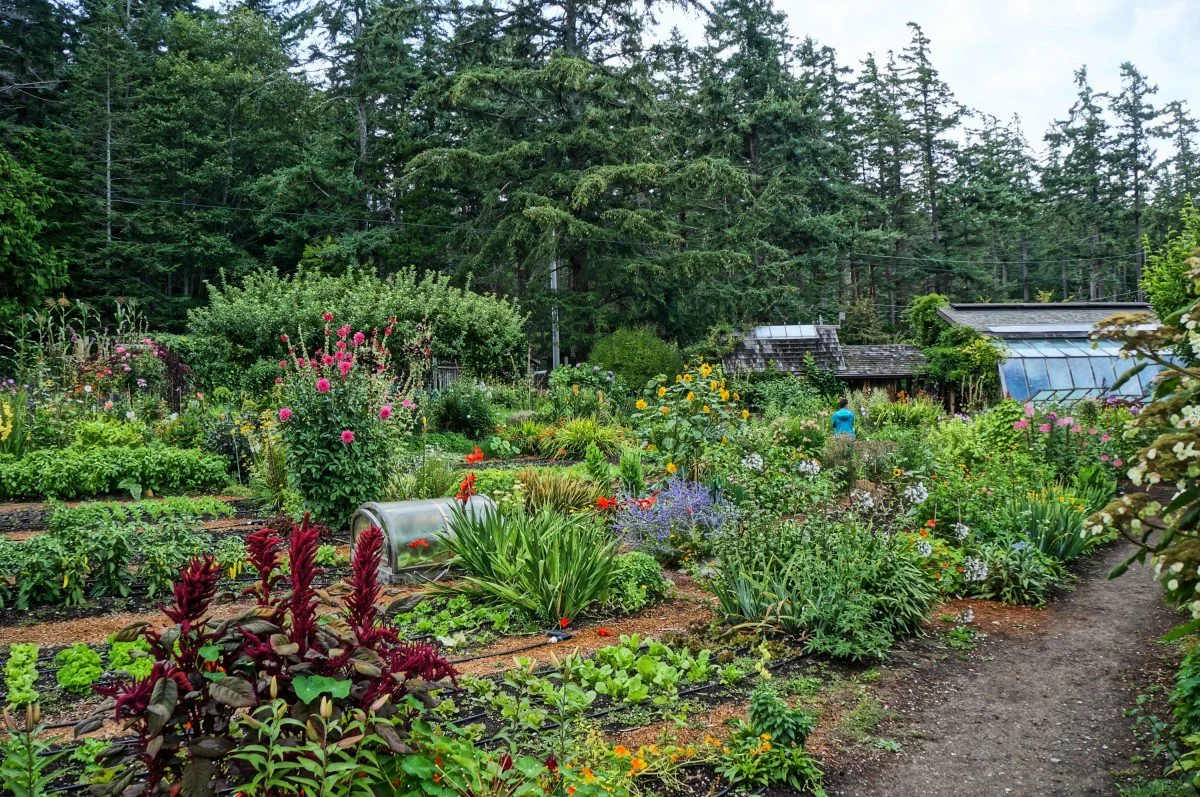9 reasons why living sustainably is better for you
With a seemingly endless stream of elections in recent months, we have been repeatedly reminded of a choice that we all supposedly must make. A choice of whether to live sustainably or live successfully.
The choice is based on a widespread belief that we can't have both. That to live a sustainable life is to make sacrifices in life, that going green means going without, that being environmentally friendly isn't economically friendly.
I believed in this choice most of my life. It was the leading factor in preventing me from changing. Truth is, my life is enriched, improved, and healthier from making changes to live more ethically.
There is no sacrifice to be made.
If like me, you like lists. Here is a list to show 9 ways my life has improved from trying to be more sustainable:
- Driving less. The less I drive, the more I cycle/walk/run. I become healthier, fitter and stronger every single time I decide to use human power over horsepower. I save money on fuel and feel much better when I arrive at my destination too.
- Buying less shit. The less I spend, the more I have to spend. Every time I decide that "No, I don't need the latest, shoes, clothes, gadget" the more money I have. This all adds up, and ultimately means I work less now, aged 33, than I ever have because I don't spend as much as I used to.
- Have less shit The flip side to 2 is that by buying less, I have less. I moved to Canada three and a half years ago and it is amazing how much stuff I had accumulated in that time. I recently gave a way a lot of things. Stepping away from this constant consumerism means that, now, I appreciate the things I own much more. There are fewer distractions in my house and life is simpler.
- Buying local food. I have recently tried to avoid, as much as possible, shopping in supermarkets. This means I buy food from much smaller grocery stores, farmers markets, and recently signed up to a CSA. These places allow me to eat more local food. The food has travelled less, is fresher, and has a smaller footprint. The fresher food has more nutrients and I feel healthier from eating it. I also know the people in the small grocery store that I frequent. We actually talk to each other! It's great.
- Buying organic. Another benefit of number 4 is that local food is often grown by smaller operations and is organic. While not all organic food is necessarily environmentally friendly, I believe on the whole it is much better than the alternative. I also believe eating a mostly organic diet is healthier.
- Reducing my waste. Trying to reduce my waste at first seemed a real hassle. Sure it takes a little more effort but there are some benefits to doing it. Firstly, in a world where it can be hard to find optimism around the environment, this small act gave me hope that I was playing a small part to create change. That alone is enough. But, a much bigger benefit, is that it also made me eat healthier. Processed food = lots of packaging. Fresh food = less packaging. Reduce your waste and you will eat more nutritious food.
- Grow your own food. When I first attempted to grow my own food, I didn't know what I was doing. Slowly, with lots of mistakes, I have learnt. I now love it. Even if all I ever managed to grow was this pathetic radish, it would not matter. Every time I eat something I grew I see it as a mini revolution. A way, for one brief mouthful, to be unreliant on what I see as a broken system. It also allows me to connect with the natural world in a unique way and slow down. Both of which have been massively beneficial for me.
- Spending more time outside. This might seem like a strange link to being sustainable, but I see a strong link between spending time in the natural world and wanting to protect it. The more time I spend camping, surfing, hiking, the more I care about protecting the forest, oceans, mountains and vice versa. And from every single angle I can see, spending more time outside is a one way ticket to having more fun.
- Make more things. I used to use money as a way to make/fix/get new things. Why use valuable time when I can pay someone else to do it for me? The thing is, every time I outsourced these things I missed a chance to learn. Now, if I take time to cook more food, bake bread, make a wobbly coffee table, fix my jacket, I gain much more satisfaction and appreciation for those things. I also have more control over how the items are sourced. This doesn't apply to all things. I still have zero understanding of fixing all things electrical.
You do have a choice. A choice of making sacrifices OR living sustainably.







